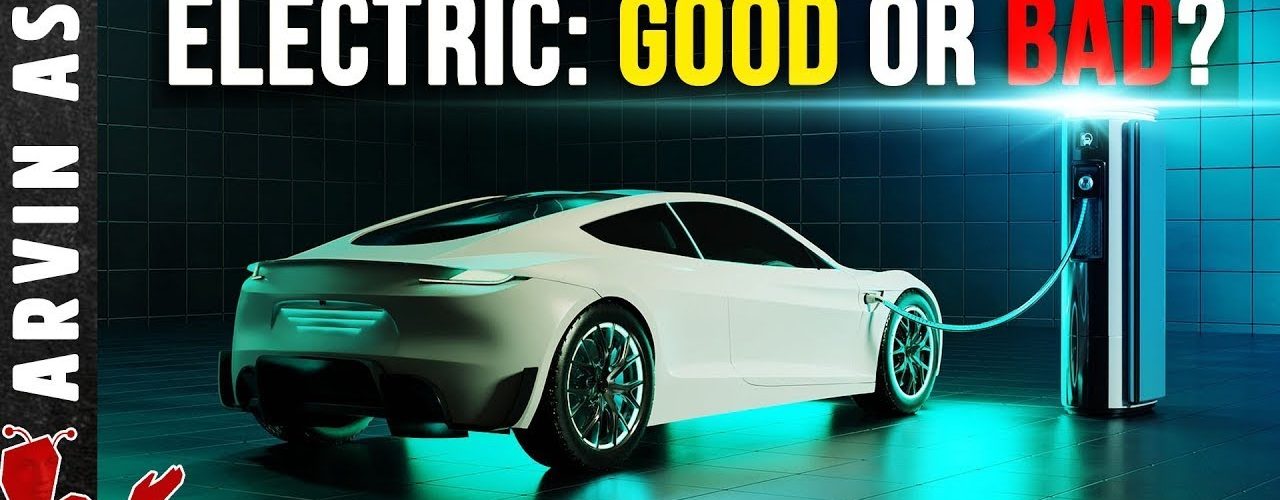Electric vehicles are not necessarily greener because they create no emissions. We have to take a look at the bigger picture. Source of electricity, depending on the fuel, can produce greenhouse gases. Manufacturing the components of the car, such as batteries also makes CO2. We review CO2 produced by EVs compared to gasoline cars throughout their lifetime.
EVs are about 9% of all new cars sold yearly, and only 1.4% of all cars on the road. The main issue is carbon dioxide emissions from petrol or gasoline cars which causes climate change.
The common internal combustion gasoline engine is inefficient. Only 20-35% of the energy produced from burning the fuel ends up turning the wheels. But in electrical vehicles, about 75-85% of electrical energy is used to propel the vehicle.
How much do gasoline cars pollute? On average worldwide, a gasoline engine car produces 202 grams of CO2 per km driven. When taking into account the CO2 produced from the electricity generated needed to charge the EV battery, they produce 83 gCO2 per kilometer driven – a difference of 119 gr if CO2 in favor of electric vehicles.
But we have to take into account the CO2 generated during the manufacturing process of electric vehicles. Manufacturing a typical gasoline car releases 7 tons of CO2, whereas manufacturing a similar sized electric car releases 10 tons. So EVs produce 3 tons more CO2 in the manufacturing process.
So, EVs are not greener compared to gasoline-powered cars from day one, when considering that they have a substantially larger carbon footprint immediately after they are manufactured. So we have to consider how long, or how many kilometers they would need to be driven in order to make up for the higher CO2 generated during their production.
The math shows that an EV breaks even after it has been driven 25,210 km. But experts estimate that the average EV battery will last at least 200,000 km. So over the life of the vehicle, in most countries, an EV will be greener.
There are 5 countries where on average EVs will not be greener even over their lifetime – India, Estonia, Poland, Czechia and Bulgaria.
#electriccars
But overall cars only only account for 8-12% of overall greenhouse gas emissions. The most significant contributor to global greenhouse gases, 40%, comes from Electricity and heat production. So finding more eco-friendly ways to produce electricity will have a greater impact on CO2 levels than EVs.
In carbon dioxide numbers, you will create about 19 tons of CO2 over the lifetime of an EV, but more than 55 tons of CO2 for a gasoline car over its lifetime.
Here is an overall summary
• Over the lifetime of a car, an electric vehicles are greener in most countries of the world.
• EVs would not be a greener alternative in India, Estonia, Poland, Czechia and Bulgaria.
• Electric cars batteries may harm the environment unless we can recycle their batteries
• Raw material supplies may be limited which may have a geopolitical impact







